Foods Rich in Zinc: Essential Sources, Benefits, and Daily Requirements
Zinc is one of the essential minerals that the body needs for the immune system, metabolism, healing of wounds, and synthesizing DNA. As supplies of zinc are not retained in the body, it has to be consumed often and needs to be included in your diet. In the following section, you will find useful tips and food options that not only contain significant amounts of zinc but also provide various other health benefits. So, how do I get zinc? The dietary options which are high in zinc will be discussed below.
The Importance of Zinc
A few helpful characteristics of zinc are:
- Controlled immune support: Helps fight different kinds of infections and enhances the speed of healing wounds.
- Support in growth and development: Needed and useful for childhood expansion and cell activity.
- Assist in enzyme system: Facilitates more than 300 enzymatic operations in the organism.
- Skin protection: Speeds up the healing of inflammation and acne.
- Intelligence: Influences memory and academic activities.
- Reproductive system: Has a significant effect on the fertility rate and hormone secretion.
Top Foods High in Zinc
Oysters and Shellfish
Oysters are without a doubt some of the best dietary sources of zinc. A 3-ounce (85g) serving of cooked oysters alone provides 74 mg of zinc, which is 673% of the daily value (DV). Other sources with a bit less zinc are crab, shrimp, and mussels.
Red Meat
Beef, lamb, and pork do offer good amounts of zinc. A 3-ounce (85g) serving of cooked beef provides 7 mg of zinc (64% DV). Choose lean cuts to reduce saturated fat intake.
Poultry
Chicken and turkey also offer decent amounts of zinc. A 3-ounce (85g) serving of chicken breast provides 2.4 mg of zinc (22% DV).
Legumes
For vegetarians and vegans, legumes such as lentils, chickpeas, and beans are good sources of zinc. One cup (164g) of cooked chickpeas contains 2.5 mg of zinc (23% DV).
Tip: Legumes can be better at delivering zinc when they are soaked and sprouted.
Seeds
Pumpkin seeds, sesame seeds, and hemp seeds have plenty of zinc in them. Just 1 ounce (28g) of pumpkin seeds delivers 2.2 mg of zinc (20% DV).
Nuts
Almonds, cashews, and walnuts also provide zinc along with healthy fats. For instance, cashew nuts have 1.6 mg of zinc (15% DV) per ounce (28g).
Tip: Eating nuts as a snack can help you meet your daily zinc intake.
Dairy Products
Dairy foods, including milk, cheese, and yogurt, contain bioavailable zinc. Whole milk (245g) includes 1 mg of zinc (9% DV) per cup. 28g of cheddar cheese also includes 1 mg (9% DV) per ounce.
Eggs
Eggs contain zinc in small to moderate amounts, with one egg providing approximately 1 mg (9% DV) of zinc.
Whole Grains
Brown rice, oats, and quinoa contain zinc; however, its absorption may be affected by phytic acid. A cup of cooked quinoa (195g) contains 2 mg (18% DV) of zinc.
Tip: Soaking or fermenting grains can make zinc more bioavailable.
Dark Chocolate
Chocolate is often overlooked, but it is actually a good source of zinc. An ounce of dark chocolate (70-85%) contains 3.3 mg of zinc (30% DV) per 100g bar.
Tip: Dark chocolate should be consumed in moderation, especially for those who have concerns with their diet due to sugar and calorie content.
Daily Zinc Intake Recommendations
Recommended daily intake of zinc based on age and sex:
- Infants (0-6 months): 2 mg
- Children (1-8 years): 3-5 mg
- Teens (9-18 years): 8-11 mg
- Men (19+ years): 11 mg
- Women (19+ years): 8 mg
- Pregnant women: 11 mg
- Breastfeeding women: 12 mg
Zinc Deficiency: Symptoms and Risks
Not meeting zinc dietary requirements can result in the following:
- Weak immune system
- Slow recovery rate from injuries
- Loss of hair
- Decreased appetite
- Dermatological issues such as acne or eczema
- Reduced cognitive abilities
Improving Zinc Absorption
- Combine zinc foods with protein: Improves absorption.
- Reduce whole grain and legumes: Phytates can block the absorption of zinc.
- Do not take high levels of calcium and iron: These minerals in large quantities can diminish zinc absorption.
Conclusion
Maintaining zinc consumption should not pose any problem for individuals as long as they are eating a properly balanced diet. People who prefer animal-based food like oysters and beef would find zinc consumption easier than those who prefer plants such as legumes and seeds. Focus on a balanced diet while paying attention to zinc absorption techniques for maximized benefits.
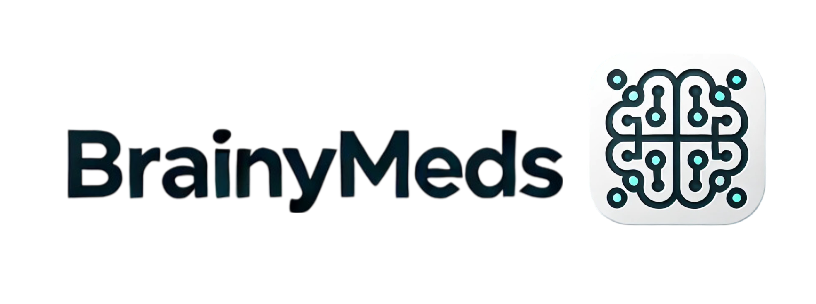





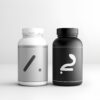
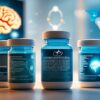
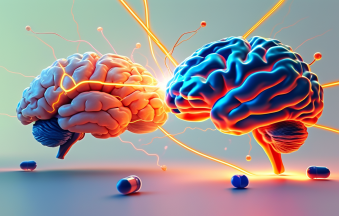
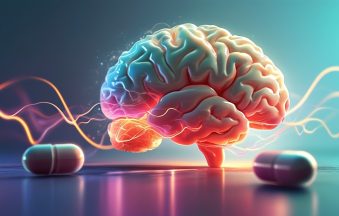


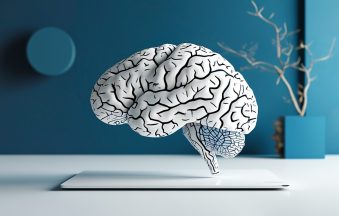
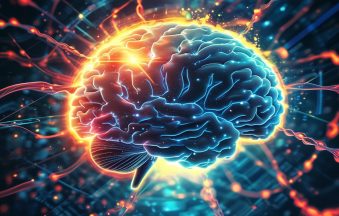
Add comment